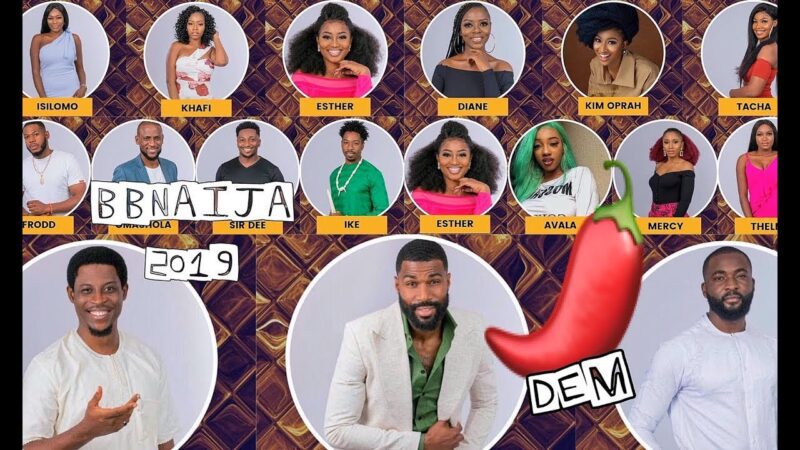Global Issues
Our Priorities Today: The Fear Of Tomorrow -By Odeyemi Damilare Jeremiah

In Nigeria, a glaring rift between the priority of education and that of entertainment has become heightened by the teeming Nigerian young populace, a fraction of who sensed little or no prospect in achieving their craved living standards within the ambit of education or any matters related to it. Sexual harassment, archaic and unfriendly pedagogy and some other inhumane acts meted out on students in our tertiary institutions have compounded the many reasons why the education system in Nigeria suffers at a full swing of incredibility. However, as an alternative means to an end of running highlighted goals and objectives to fruition, the entertainment industry becomes a way out. This then gives way to reality shows to thrive alongside other forms of entertainment; music, rap and all others.
Moreover, a line of thought exists that in order to reduce crime rate and other atrocities on the streets of Nigerian cities, and disseminating valuable information to the people through entertainment is imperative to changing the orientation of people positively to pressing matters. However, the puzzle exists as to where we are as a people and how the concerns for things that form basis for the needs of our day to day lives are attended to.
The popular saying by Hilary Clinton that “It is often when night looks darkest, it is often before the fever breaks that one senses the need for gathering momentum for change, when one feels that resurrection of hope in the midst of despair and apathy” comes to mind at this point.
This saying forms a pedestal upon which myriad of criticisms concerning the chronicle of happenings in the entertainment world of Nigeria have been placed. Before now, it has been deemed as the last resort that, rejigging the social atmosphere through staging intellect-driven programmes is exclusively the best shot to restoring the fate of the political space of Nigeria towards capacity building. This motive has, in a way, birthed a chain of live TV programmes, some of which has metamorphosed, over years, into a number of TV programmes, some of which had evidently dissipated from their origin in scope, structure and content. An example of this is the vilified Big Brother Naija show
Big Brother Naija (BBN), a reality show in which contestants live in an isolated house and compete for a large cash prize at the end of the show by avoiding being evicted has definitely become one of the most-watched and followed TV show in Africa and, however, has been greeted with a plethora of subjective verbal and written engagements across board, ever since it was brought to prominence. Nevertheless, amidst the condemnation of the TV show, it has gathered its multitude. For instance, the total votes cast during the Big Brother Nigeria 2018 was 170,000,000 (170m) while in October 2019, the just concluded season, the figure culminated to 240,000,000 (240m).
The total votes cast during the presidential election in the country in February 2019, did not number above 27m of the total 84m registered voters. As much as there exists a tenable argument that voting system in the reality show permits multiple votes unlike what obtains in the presidential election, puzzles as to the fact that while the latter is a free of charge voting system, the other comes with financial costs on the electorates. How then do we justify the public outbursts that the government of the day is prominent for impoverishing the people?
What brought about a sudden increase in enthusiasm and responsiveness of people to BBN (an entertainment programme) becomes a towering topic frequently enunciated among people. With SMS voting, which costs #30 per vote, and Online voting coupled with the eligibility of people to vote a 100 times a day on a single Sim, apart from ardent lovers of the show who could go as far as using two or more Nigerian Sim cards to cast votes ‘infinitely’, one cannot precisely ascertain the number of people who actually voted. However, having a magnitude of 240m votes is a testament that the responsiveness of people, most especially the millennials, to the voting mechanism of BBN is a reflection of how the young populace of Nigeria could influence who sits at the helm of affairs, if the enabling environment as of BBN’s but a refined mechanism that exercises one-off voting is provided.
ODEYEMI Damilare Jeremiah
odeyemidamilarefbi@gmail.com 08148996154

















